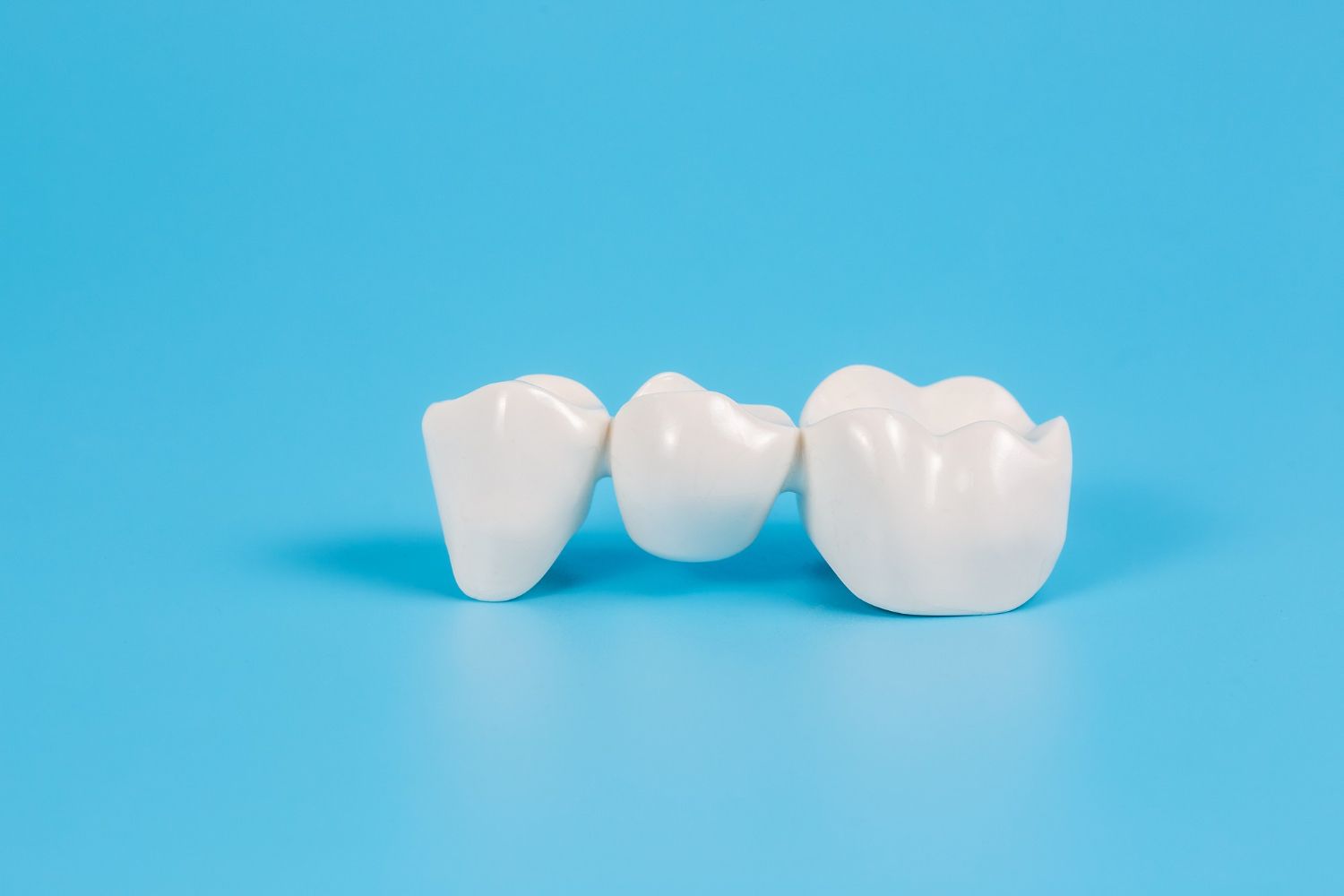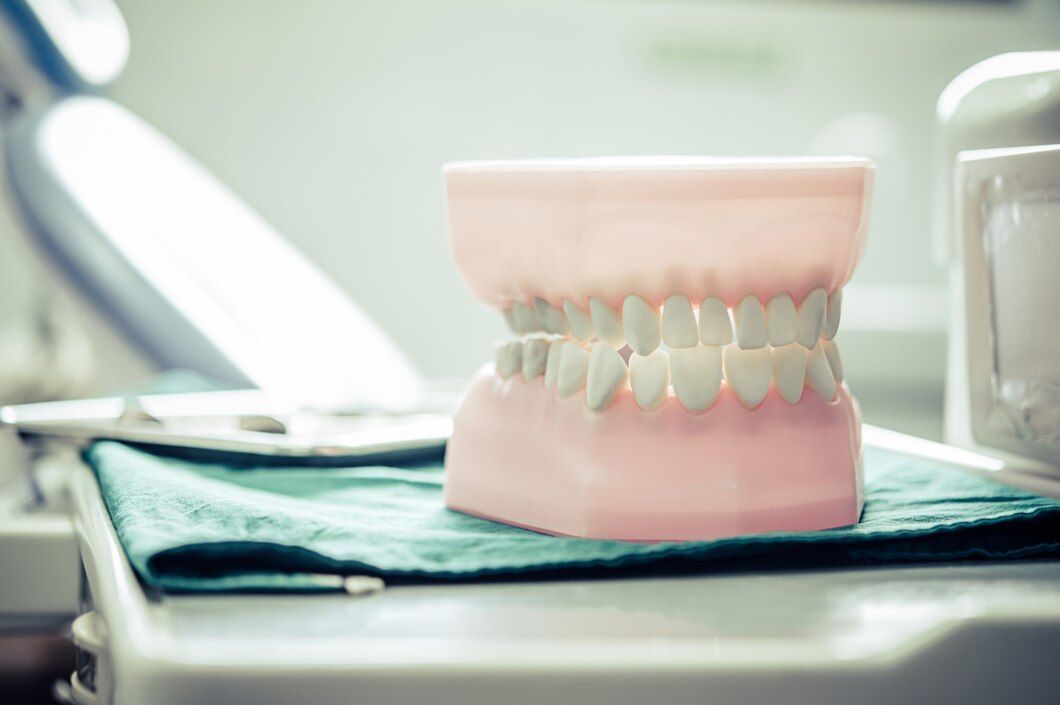Everything You Need to Know About Dental Crowns in Woodhaven
Dental crowns are a popular solution for restoring damaged teeth. They are designed to look and feel like your natural teeth, providing both aesthetic and functional benefits. Whether you have a weakened, broken, or discolored tooth, a crown can help bring your smile back to its best. Living in Woodhaven, NY, you have access to top-notch dental care that can guide you through every step of getting a dental crown.
One of the main reasons people get dental crowns is to improve the strength of a damaged tooth. Crowns act like a cap that covers the tooth, protecting it from further damage and allowing you to chew properly. They are also a great option for covering a dental implant or holding a dental bridge in place. This makes crowns a versatile choice for different dental issues.
This article will dive deep into everything you need to know about dental crowns. We'll explore what they are, why you might need one, the procedure involved, and how to care for your crown. By understanding these aspects, you'll be better prepared to decide if a dental crown is right for you.
What Are Dental Crowns?
Definition and Purpose of Dental Crowns
Dental crowns are like protective caps placed over damaged or weak teeth. They restore the tooth to its normal shape, size, and function. Think of a crown as a helmet for your tooth, shielding it from further harm. They are custom-made to fit your tooth perfectly, providing both durability and a natural appearance.
The primary purpose of a dental crown is to strengthen a damaged tooth. It helps in maintaining your tooth's structure and preventing any further decay or fractures. Crowns are often used after root canal treatment, large fillings, or for cosmetic reasons to enhance your smile.
Materials Used for Crowns
There are various materials to choose from when it comes to dental crowns, each with its advantages:
- Porcelain: Great for a natural look, especially for front teeth. They match the color of your natural teeth but are less durable than other materials.
- Ceramic: Similar to porcelain, ceramic crowns provide a natural appearance and are ideal for people with metal allergies.
- Metal: Made from gold or other metal alloys, these are highly durable and resistant to wear. They are most commonly used for molars, where the strength is more important than appearance.
- Porcelain-Fused-to-Metal (PFM): Combines the strength of metal with the natural look of porcelain. However, over time, the metal can show through as the porcelain wears down.
- Resin: A more affordable option, resin crowns look natural but are prone to wear and fractures.
Choosing the right material depends on the tooth's location, the function it performs, and your budget.
Reasons You Might Need a Dental Crown
Strengthening a Weakened Tooth
One of the top reasons to get a dental crown is to strengthen a weak tooth. Teeth can weaken due to various reasons, like extensive decay, large fillings, or repeated dental procedures. A crown covers the entire tooth, providing a sturdy shield that helps prevent cracks and further damage. This way, you can chew and bite with confidence, knowing your tooth is protected.
Restoring a Broken or Worn Down Tooth
If you have a broken or severely worn down tooth, a dental crown can restore its function and appearance. Whether it's from an accident, grinding your teeth, or just regular wear and tear, crowns can rebuild the tooth's structure. This doesn't just make your tooth look good—it also makes it strong enough to handle daily activities like chewing and speaking without discomfort.
Covering a Dental Implant
Dental implants require crowns to function like natural teeth. After the implant is placed into your jawbone, a crown is attached to the implant, completing the restoration. This crown looks, feels, and works like a natural tooth, allowing you to eat and smile normally. Covering an implant with a crown is a common practice to ensure your smile remains intact and functional.
The Dental Crown Procedure
Steps Involved in Getting a Crown
Getting a dental crown usually involves a few key steps, typically spread over two visits to the dentist:
1. Initial Consultation and Preparation: During the first visit, your dentist will examine the tooth and prepare it for the crown. This may involve removing any decay and reshaping the tooth to make room for the crown.
2. Impressions and Temporary Crown:
Next, the dentist takes an impression of your mouth, which is used to create the custom crown. Meanwhile, a temporary crown is placed to protect the prepared tooth.
3. Fitting the Permanent Crown:
On your second visit, the dentist will remove the temporary crown and fit your permanent crown. They ensure it fits well and looks natural before cementing it in place.
These steps ensure that your dental crown is sturdy and that it blends seamlessly with your other teeth.
What to Expect During the Appointment
Knowing what to expect can ease any anxiety you might have about the procedure. During the initial appointment, the tooth is numbed so you won’t feel any discomfort while it’s being prepared. The entire process is usually quick, and placing the temporary crown is straightforward.
At the follow-up appointment, fitting the permanent crown is also simple. The dentist will check the fit and make minor adjustments if needed before securely placing it on your tooth. You’ll be able to go back to your regular activities shortly after the appointment.
Recovery and Aftercare Tips
After getting a dental crown, you'll need to take good care of it to ensure it lasts. Here's how:
- Avoid Hard Foods: For the first few days, avoid chewing hard foods like nuts or ice to protect your new crown.
- Maintain Oral Hygiene: Brush and floss regularly to keep the area around the crown clean. This helps prevent decay and gum disease.
- Follow-Up Appointments: Schedule regular dental check-ups to monitor the condition of your crown and make any necessary adjustments.
Following these tips will help your crown last longer and keep your smile healthy.
Caring for Your Dental Crown
Daily Maintenance and Cleaning Tips
Taking care of your dental crown is crucial for its longevity. Here are some simple tips:
- Brush and Floss Daily: Use a soft-bristle toothbrush and fluoride toothpaste to keep the crown and surrounding teeth clean. Floss gently around the crown to remove food particles.
- Use a Mouthwash: Rinsing with an antibacterial mouthwash can help maintain oral health and keep the area around the crown free of bacteria.
- Avoid Sticky Foods: Sticky foods like caramel can pull at your crown and dislodge it. Try to limit or avoid these types of foods.
These daily practices will help keep your crown and the rest of your mouth in good condition.
Potential Issues and How to Avoid Them
While dental crowns are durable, they can sometimes encounter issues. Here’s how to avoid common problems:
- Watch for Sensitivity: If you experience sensitivity, let your dentist know. They may recommend a special toothpaste to manage it.
- Monitor for Damage: Crowns can crack or chip, especially if you grind your teeth. Use a night guard if grinding is an issue.
Being aware of these potential issues can help you address them before they become big problems.
When to Consider Replacing Your Crown
Dental crowns don't last forever and may eventually need to be replaced. Signs that it’s time for a new crown include:
- Wear and Tear: Visible wear or chips are clear indicators that a crown needs replacing.
- Discomfort: If the crown is causing discomfort or affecting your bite, it might be time for a new one.
- Gum Issues: Swelling or recession around the crowned tooth can signal a problem.
Regular dental check-ups will help catch these signs early, ensuring prompt replacement.
Conclusion
Dental crowns are an excellent way to restore the function and appearance of your teeth. Whether you need to strengthen a weak tooth, fix a broken one, or cover an implant, crowns offer a reliable solution. Understanding the procedure and knowing how to care for your crown can make the entire experience much smoother.
It's essential to maintain good oral hygiene and have regular dental check-ups to ensure your crown lasts. If you're experiencing any issues or think you might need a crown, don't hesitate to consult with a dental professional.
At Premier Dental of Woodhaven, we're here to help you achieve a healthy, beautiful smile. Whether you need a new crown or a replacement, our skilled team is ready to guide you through the process. Contact us today to schedule your
full dental crown appointment and take the first step toward better dental health!














